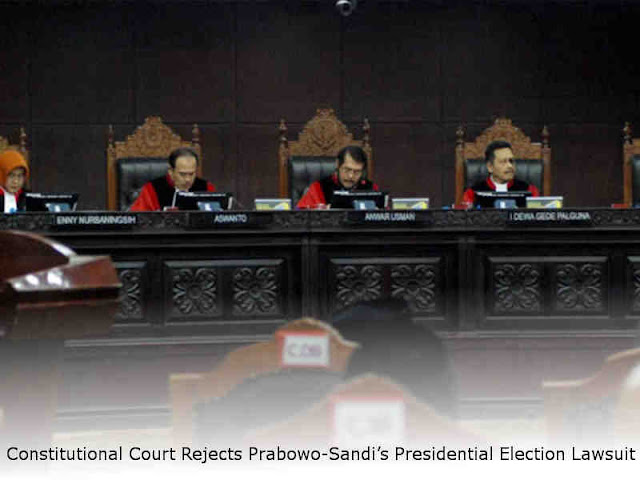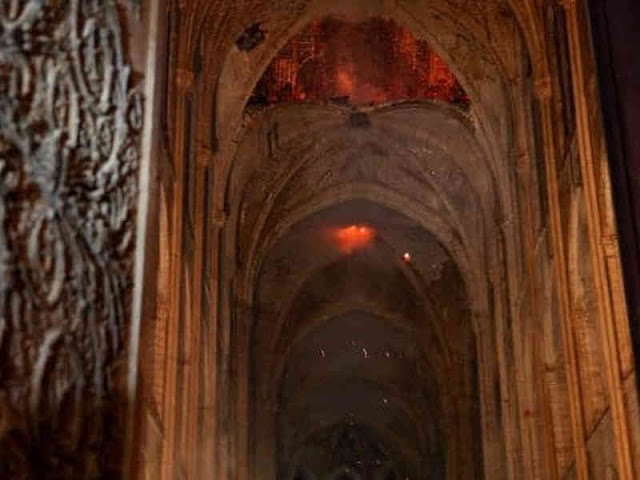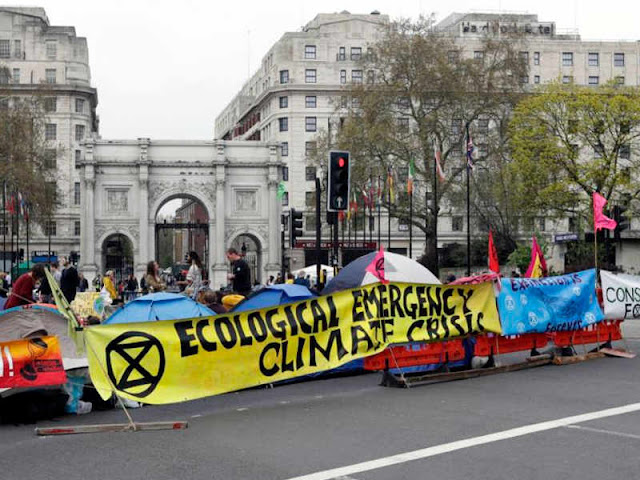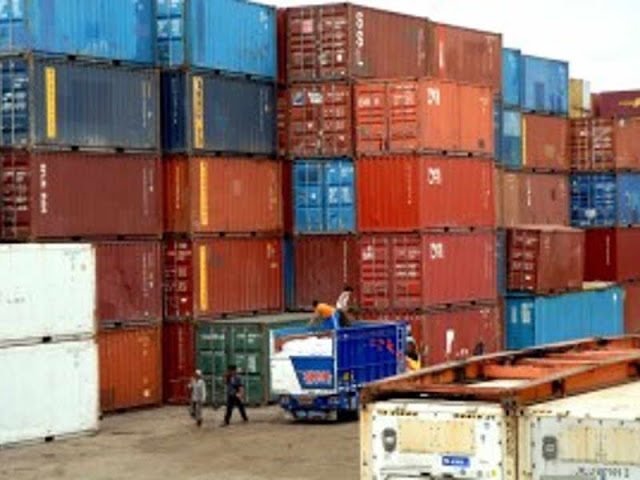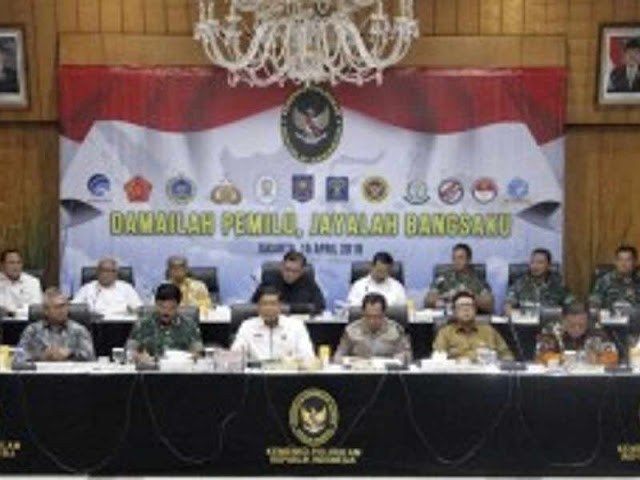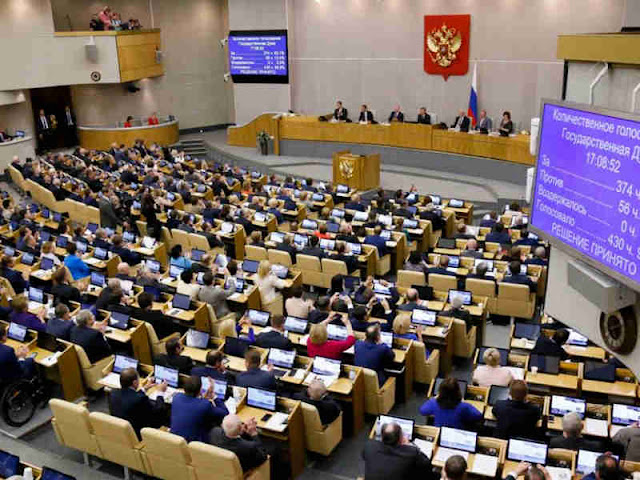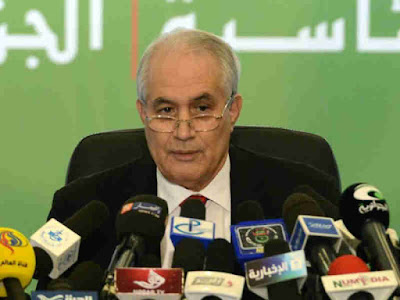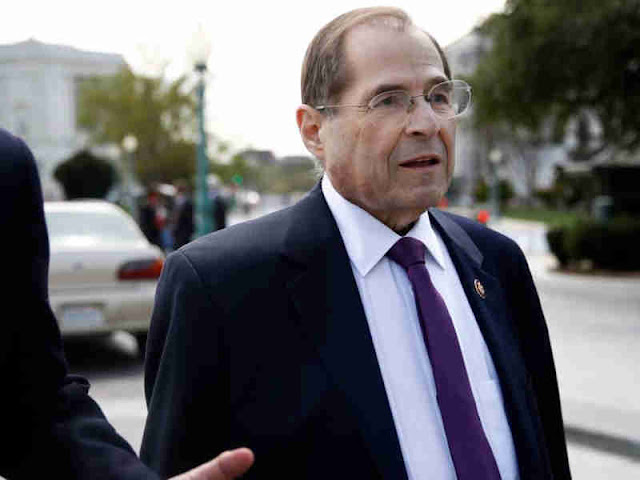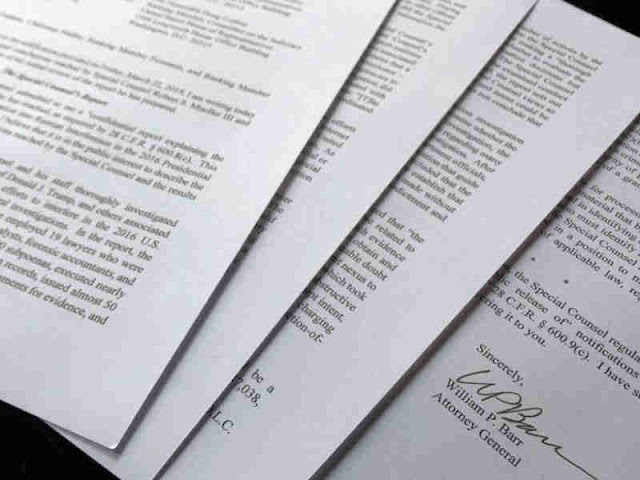The 17-year-old from Florida had planned to visit seven colleges this spring to help her decide where to continue her education.
In the United States, high school students often visit colleges and universities they might attend before they officially seek admission. But like so many things during Sowers’ final year of high school, the coronavirus pandemic has pushed the process online.
Sowershas had to depend on virtual visits, learning about schools through video meetings with college officials.
Her mother, Ebru Ural, says she worries how the pandemic might affect her daughter’s college experience itself in a few short months.
“We’re dealing with the unknown, and we’re trying to make such a huge decision. She invested the better part of the last year trying to earn acceptance to these institutions,” Ural said, but “we really don’t know what we’re buying right now.”
The pandemic has affected plans for millions of students, both in the United States and overseas. Many are making virtual visits to schools while dealing with concerns about paying for a college education in an economic downturn. They also are wondering whether college campuses will even reopen by late summer.
Boston University, for example, has already canceled all "in-person summer activities" at its main campus. And the university’s plan for dealing with the pandemic states that if health officials say it is unsafe to re-open this year, it may wait until January 2021.
Earlier this month, Harvard University’s president said Harvard is considering several possible plans of action. Yet the future is still very unclear. Oregon State University and University of Arizona officials have expressed hope their schools would re-open, but shared similar concerns about what the future holds.
In efforts to keep student enrollment numbers up, colleges are offering interactive one-on-one online meetings, using video services like Zoom. Hundreds of schools have given families more time to decide by delaying the date of their first required payment from May 1 to June 1.
In addition, the Associate Press reports that the two leading college admissions tests – the SAT and the ACT – have been cancelled. So a growing number of schools are removing admissions test requirements for students entering college.
But for all the schools’ efforts, many families say it is difficult to look forward when students are still finishing high school from home.
Opinion studies have found that large numbers of American high school seniors plan to spend at least a year working or traveling before attending college.
Studies also have shown that many Americans may decide against the first-choice school on their list of colleges because it is too costly. Others say they would feel safer attending a school closer to home.
About 3.7 million American students are expected to graduate from high school this year. Nearly70 percent expected to start college in the late summer.
Lauren Kohler of Connecticut was planning to spend her high school’s spring break visiting three universities. They are the University of South Carolina, Florida State University and the University of Massachusetts, Amherst. Kohler visited South Carolina last year. But now the 18-year-old is depending on virtual visits and friends’ experiences to learn about Florida State. She also recently walked around an empty UMass Amherst campus.
“I’m a big believer that you can walk on a campus and say, ‘This is my school,’ or ‘This is not my school,’” said Kohler. “It really depends on the feeling and the type of people that are there.”
Grace Malloy of Oregon did get a chance to visit to Long Island University Post in New York. But her spring break visits to Nebraska Wesleyan University and the University of Northern Colorado were canceled.
Malloy also wanted to see six other schools. Now she is worried she will not know how to reduce the number of choices on her list.
“Decision-making is not my strong suit,” she said after completing her third virtual visit of the week. (VOA)

